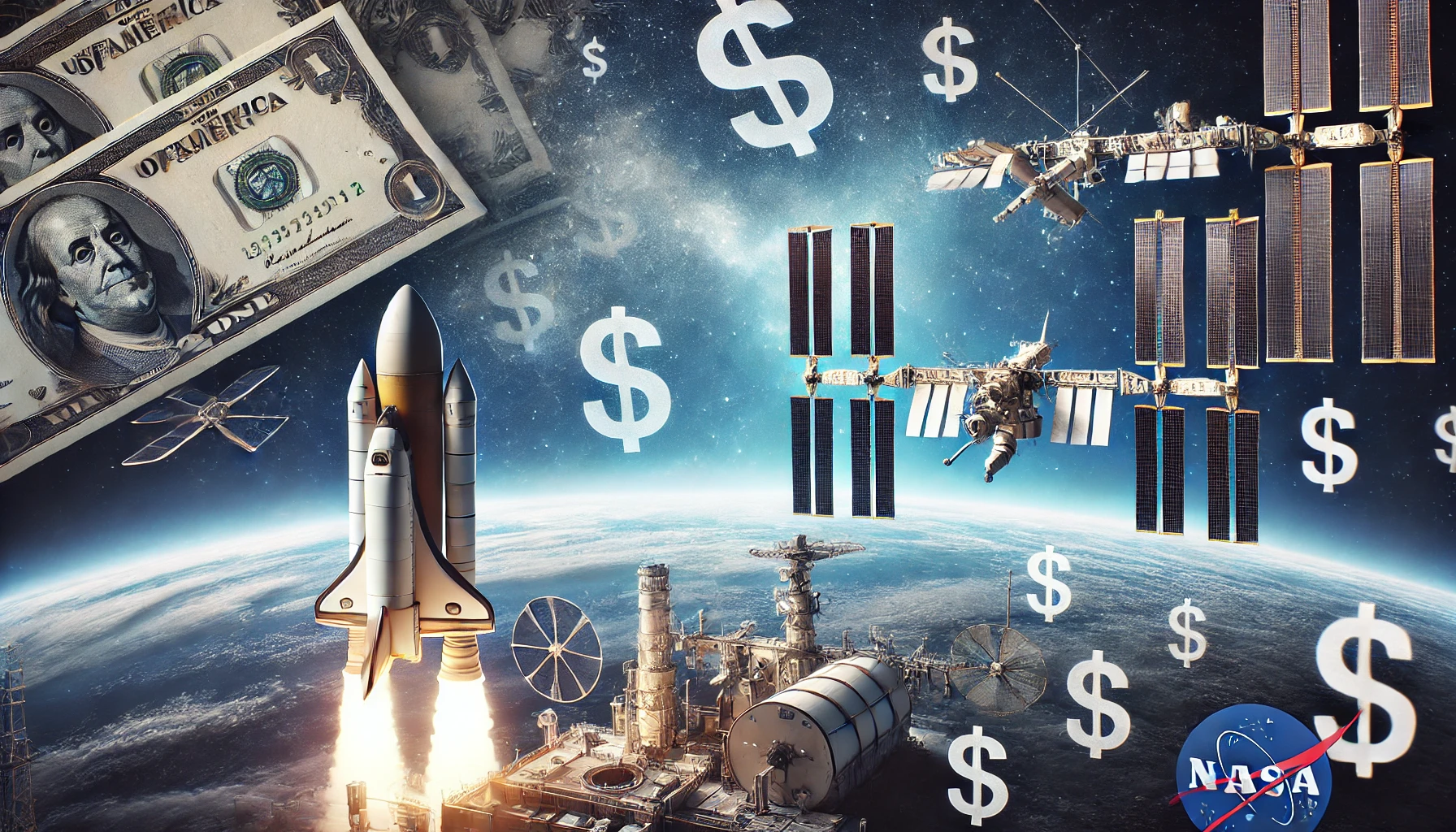How does the government fund space exploration? This question captures the curiosity of many space enthusiasts and citizens alike. Funding space exploration involves a complex process that includes budgeting, allocations, and contributions from various governmental agencies. In this comprehensive guide, we will delve into the methods the government uses to finance space missions, the agencies involved, and the impact of this funding on scientific discovery and technological advancement.
Contents
The Budgeting Process
The process of funding space exploration starts with the federal budget. Each year, the President of the United States submits a budget request to Congress, which includes proposed funding for various governmental departments and agencies, including those responsible for space exploration. This budget request outlines the priorities and goals for the upcoming fiscal year.
Congress then reviews, amends, and approves the budget, determining the final allocation of funds. Agencies like NASA (National Aeronautics and Space Administration) receive a portion of these funds to support their space exploration missions. For instance, NASA’s budget for fiscal year 2021 was approximately $23.3 billion, demonstrating the significant investment in space exploration and related technologies.
Key Agencies Involved
Several key agencies play a crucial role in the funding and execution of space exploration missions:
- NASA: As the primary U.S. agency for space exploration, NASA is responsible for the majority of American space missions. It conducts scientific research, develops new technologies, and collaborates with international partners. NASA’s work includes human spaceflight, planetary exploration, and space science missions.
- ESA: The European Space Agency (ESA) works closely with NASA and other space agencies to conduct joint missions and share resources. ESA contributes to international missions and leads its own initiatives, such as the ExoMars program.
- Department of Defense (DoD): The DoD also allocates funds for space-related projects, particularly those related to national security and defense. This includes the development of satellites and other space-based technologies essential for military operations.
Methods of Funding
The government employs several methods to fund space exploration:
- Direct Appropriations: This is the primary method, where Congress allocates specific funds directly to agencies like NASA. These appropriations are critical for the planning and execution of long-term missions.
- Grants and Contracts: Government agencies award grants and contracts to private companies, universities, and research institutions to develop technologies and conduct research. These grants support a wide range of activities, from basic research to the development of new space technologies.
- Public-Private Partnerships: Collaborations between government agencies and private companies, such as SpaceX and Blue Origin, help to share the costs and benefits of space exploration. These partnerships leverage the strengths of both sectors to advance space technology and exploration capabilities.
Impact of Government Funding
Government funding for space exploration has a profound impact on scientific discovery and technological advancement. It enables the development of new technologies, such as satellite communication systems, GPS, and medical imaging devices. Moreover, space missions like the Mars rovers and the Hubble Space Telescope have expanded our understanding of the universe.
Additionally, funding space exploration drives economic growth by creating jobs and stimulating innovation in various industries. The space sector’s advancements often lead to spin-off technologies that benefit other fields, such as healthcare, transportation, and environmental monitoring. For instance, the technology developed for space missions has led to innovations in everyday life, including improvements in weather forecasting, disaster response, and even consumer products.
For more detailed information on the impact of government funding on space exploration, you can visit the NASA Benefits of Space Exploration page.
“Investing in space exploration is investing in our future. It drives innovation, inspires generations, and expands our understanding of the cosmos.” – Author’s Note
Final Thoughts about How the Government Funds Space Exploration
Understanding how the government funds space exploration provides insight into the intricate process that supports these incredible missions. From budgeting and appropriations to grants and partnerships, every aspect plays a vital role in advancing our knowledge and capabilities in space. As we look to the future, continued investment in space exploration promises to yield even greater scientific discoveries and technological breakthroughs. For further reading on this topic, visit the official NASA Budget page.
The journey to space is not just about exploring distant planets and galaxies; it’s about pushing the boundaries of what we can achieve as a species. With continued international collaboration, technological advancements, and the unwavering spirit of exploration, the dream of expanding humanity’s presence in space is becoming a reality. Every investment in space exploration brings us closer to unlocking the mysteries of the universe and ensuring a better future for generations to come.





